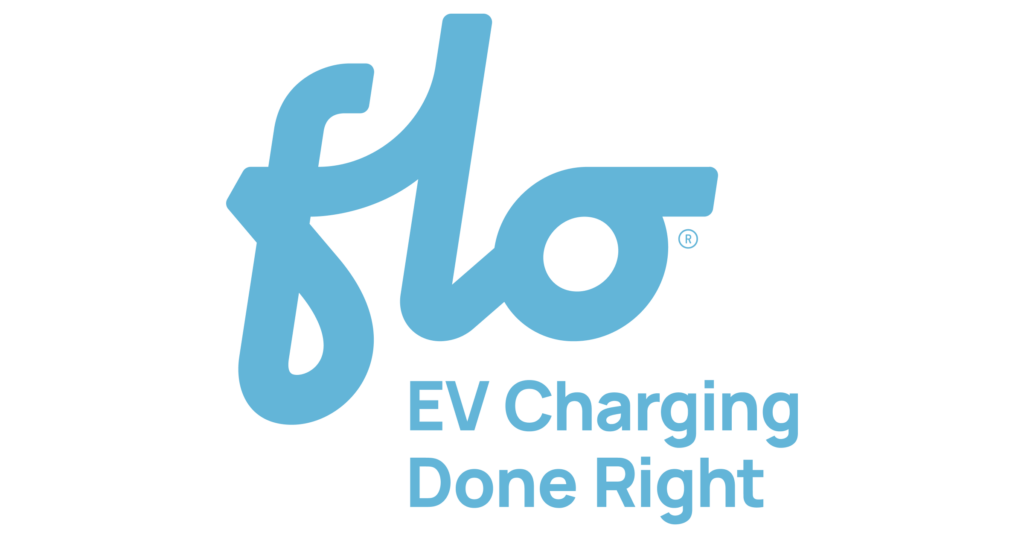I am helping a friend (really!) get chargers at their business for customers (get on the map, and this map too).
I am looking at Tesla (first recommendation, and yes, did send application), but wonder about others.
I found Blink, Electrify America, and EVgo, and is that it? (ChargePoint seems only device and business, not public facilities)
Any pitfall need to know about?
How long to expect?
Costs?
Gov incentives? (which ones?)
What else?
Is there companies that do this, regardless of the type of charger you choose?
The more I study this, the more details I am finding about process.
(PS, they will likely get a Tesla as well)
I am looking at Tesla (first recommendation, and yes, did send application), but wonder about others.
I found Blink, Electrify America, and EVgo, and is that it? (ChargePoint seems only device and business, not public facilities)
Any pitfall need to know about?
How long to expect?
Costs?
Gov incentives? (which ones?)
What else?
Is there companies that do this, regardless of the type of charger you choose?
The more I study this, the more details I am finding about process.
(PS, they will likely get a Tesla as well)
Last edited:




:format()/f/85281/1200x630/e9083b1cd5/share-image.png)



